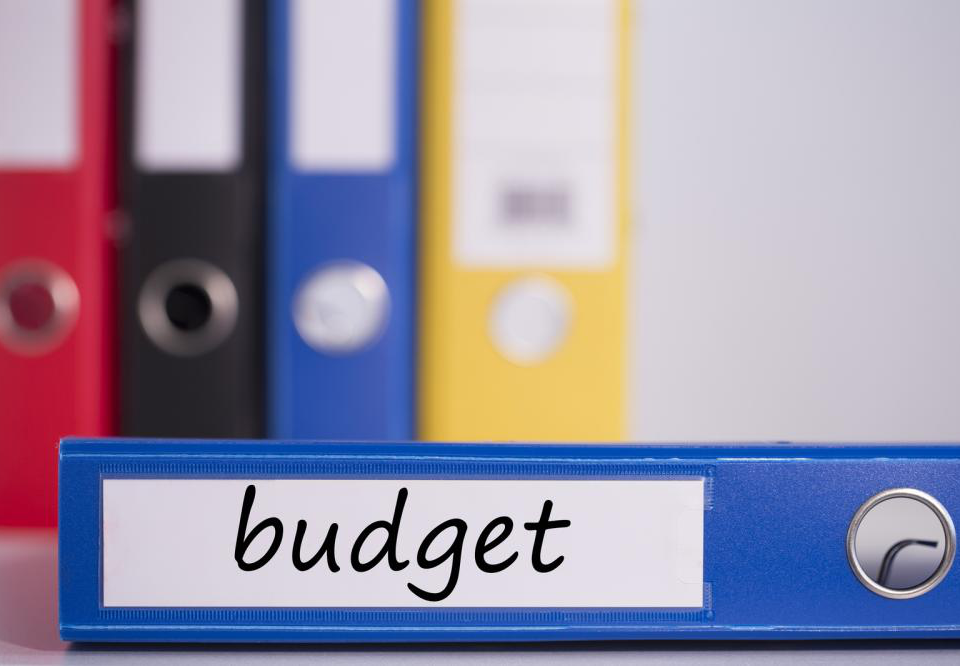Reasons for a Business Loan Rejection
Working Capital Loan Options Small Start up Businesses Have
September 17, 2018Should You Get a Merchant Cash Advance?
November 1, 2018First-time business owners find it extremely difficult to secure a small business loan. Many times their loan application is rejected by the lender. When this happens, their dream of becoming an entrepreneur is crushed because they can’t start their business with money drawn from their own pocket.
If your application for a business loan was rejected, you may be wondering what went wrong. In this post, we’ll highlight the reasons for a business loan rejection to help you understand why your business loan may have been rejected.
1. Poor Credit Score
Poor credit score is one of the most common reasons for a business loan rejection. When lenders are assessing a borrower’s ability to repay the loan, they check their credit score. If the credit score of the borrower is too low, lenders won’t lend them money. Poor credit score shows that the borrower isn’t able to manage their personal credit. Lenders stipulate that if a borrower can’t manage their personal credit, how will they manage the business and repay the borrowed money? This is the reason why they don’t loan money to borrowers’ with a poor credit score.
2. Risky Industry
Sometimes lenders reject a business loan simply because they consider a business industry risky. For example, if you are taking a loan to start a restaurant business, some lenders may not lend you money because of the high failure rate of restaurants. If your business industry is considered risky, finding a lender who specializes in your particular industry will increase your chances of securing a business loan.
3. Cash Flow Is Not Strong
When lenders are assessing the business loan application of a borrower, they check the borrower’s cash flow. The borrower must have enough cash flow to cover their business expenses and also repay the loan. If you don’t have a strong cash flow or if you often experience slumps, lenders will likely reject your business loan.
4. Incomplete Paperwork
Sometimes business loans are denied because the loan application wasn’t filled correctly or the applicant failed to provide all the required supporting documents. Supporting documents may include a business plan, financial projections and business and personal credit reports. There is an easy fix to this problem: Get all your documents in order before applying for a loan.
5. Limited Collateral
Lenders may not lend money to borrowers who can’t provide sufficient collateral. Collateral is a physical property of value that lenders may sell to recover some of their money, in case the borrower defaults on the business loan. You may have to offer your car or home to the lender as collateral to get approved for a business loan.
6. Too Much Debt
If you are burdened by too much debt, lenders will reject your business loan. Lenders are only interested in the loan repayment. If they see that you already have too much debt, they’ll assume that you won’t be able to pay back the loan and reject your loan application.


